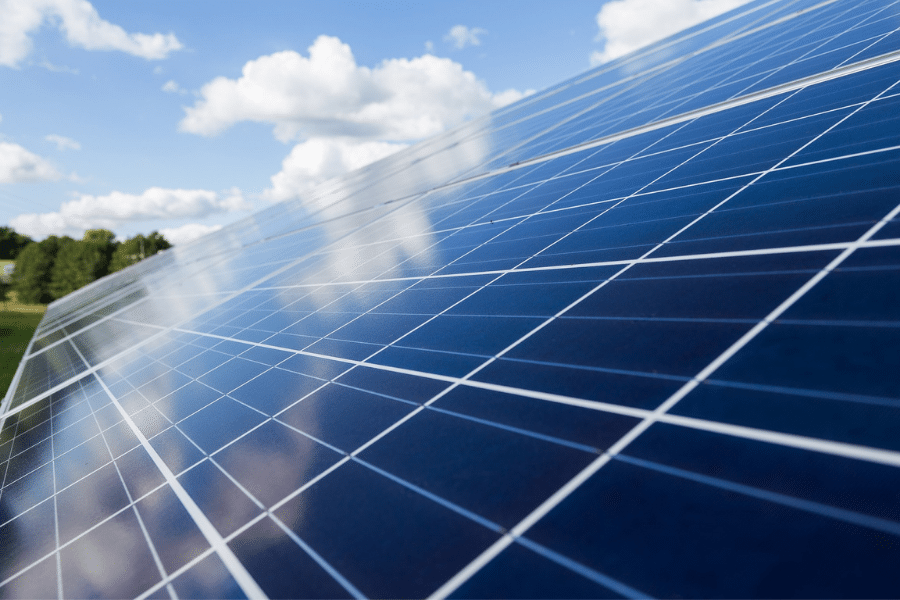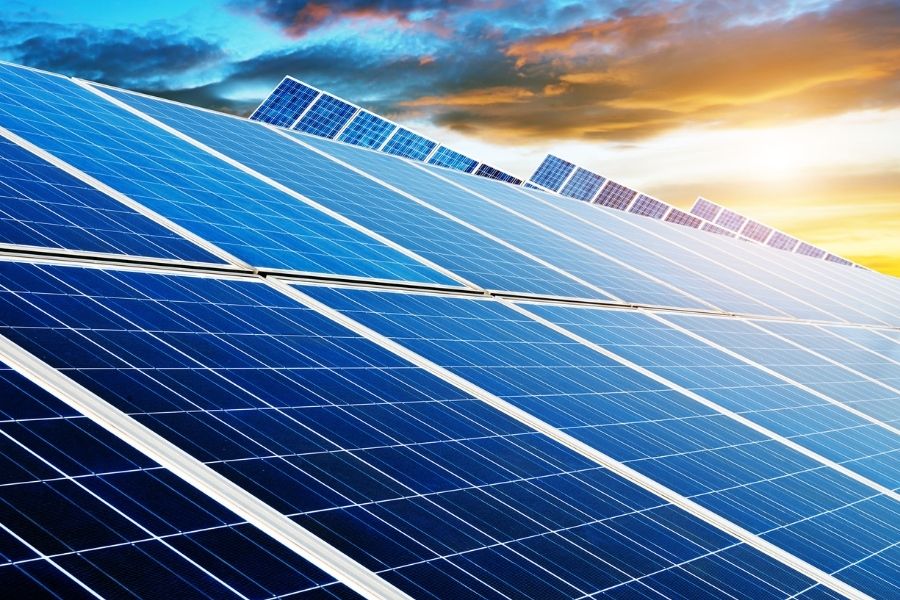Understanding Bushfires and their Effect on Solar Output
With bushfires currently spreading over much of Australia, many homeowners are finding themselves with questions that they’ve never encountered...

Proper maintenance helps to keep your solar panels working safely and efficiently. It reduces system downtime while minimising repair costs. Clean, well-maintained equipment also cuts electric bills, decreases your environmental impact and enhances the appearance of your home.
You’ll need to clean the modules from time to time, removing any debris from panel surfaces and vents. Most other upkeep involves inspecting the system. An expert should check the wiring, fittings, switches and other electrical components for defects, according to the Clean Energy Regulator.
Dust, dirt, residues, leaves, bird feces and twigs can accumulate on panels over time. It’s crucial to remove them because they will decrease the power output of your equipment. This detritus may also cause parts to decay more rapidly. Solar monitoring can help you quickly detect reduced efficiency and other problems.
Photovoltaic panels often need cleaning twice yearly. They might require it more frequently in a drought, construction zone or oceanside location. On the other hand, steeply pitched panels and abundant rainfall reduce the need to clean your equipment.
It is usually suggested to wash solar modules under a cloudy sky at a cool temperature. Owners are encouraged to use brushes, squeegees, extension arms and hoses to clean panels while standing on the ground. Turn off your equipment beforehand, and avoid using anything abrasive.
Even if your system undergoes regular maintenance, it might eventually need professional service. This work involves heights and electrical hazards, so it’s best to call a certified solar installer. The original warranty provided by the retailer or manufacturer may cover repairs if it remains in effect.
When a storm, fire or other disaster harms your equipment, consider making a home insurance claim. Many of Australia’s insurers cover these systems at no extra cost. Nonetheless, LG Energy urges customers to contact their insurance providers before installing any new equipment.
Basically, you can maximise the benefits and lifespan of your panels by washing them, visually examining the equipment and periodically scheduling professional inspections. An accredited technician with sufficient experience should perform any necessary repairs.
With bushfires currently spreading over much of Australia, many homeowners are finding themselves with questions that they’ve never encountered...
If you’re a landlord, consider using solar power to make your rental more profitable. A long-term strategy, solar power can both make your property...

1. A Waste of Energy: Waiting on Breakthroughs in Solar Battery Tech Before Installing Solar Right now Australia’s seeing an installation boom in...